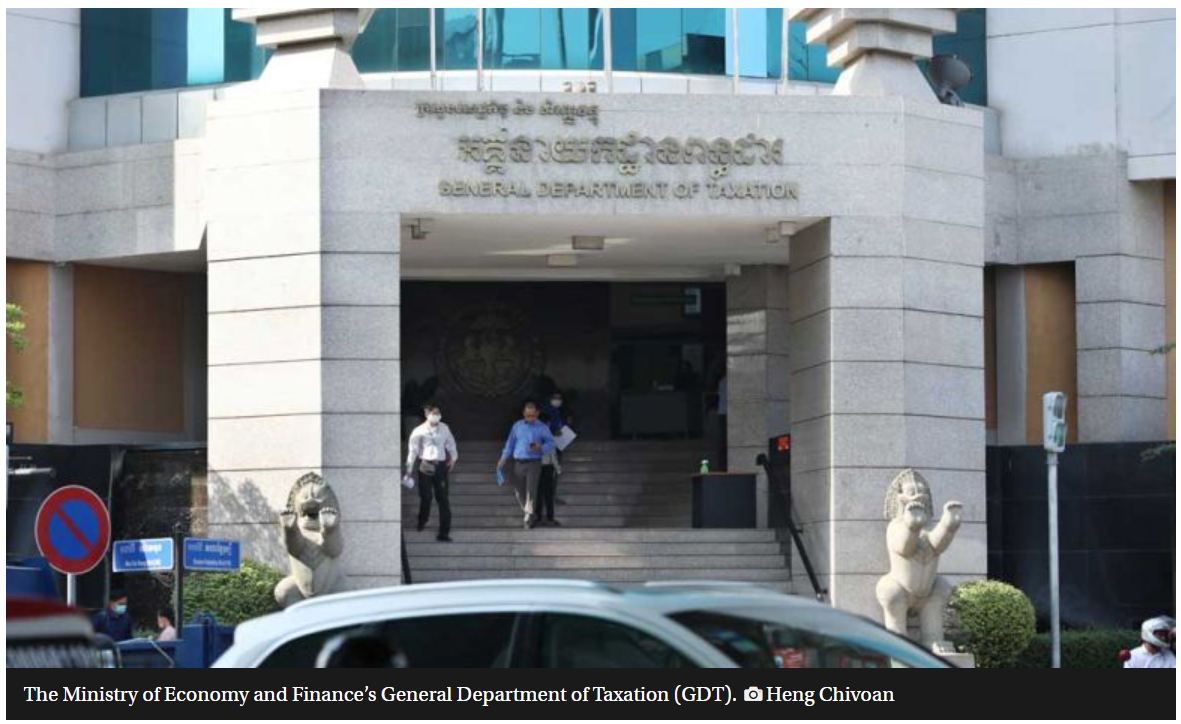Cambodia: Hun Sen approves capital gains tax deferral until 2024
The government has decided to postpone the implementation of the capital gains tax until 2024 in a bid to restore and prop up post-pandemic economic growth, according to a notice from the Ministry of Economy and Finance’s General Department of Taxation (GDT).
The decision came after the ministry submitted a postponement request to Prime Minister Hun Sen in January. Subsequently, the GDT issued a notice on March 9 extending the deadline for declaring capital gains tax by another two years, setting January 1, 2024 as the date the tax comes back into effect.
Finance ministry spokesman Meas Soksensan previously told The Post that over the last two years, the government had put in place a number of measures to ease the fiscal burden of the private sector – especially for individuals “seriously affected” by the Covid-19 crisis – to stabilise their business’ balance sheets.
“The postponement of the implementation of capital gains tax is so that we can … restore and spur Cambodia’s economic growth as we begin living with Covid-19 in the ‘new normal’, between 2021-2023, to boost investment and facilitate the livelihoods of people,” he said.
CPL Real Estate CEO Cheng Kheng told The Post that the postponement of the capital gains tax was a “good and timely” decision by the government, and provides “additional incentive” to businesspeople, especially in the real estate sector, which he says has been hit particularly hard by pandemic-induced lockdowns in Cambodia.
He noted that the growth of the real estate sector began to slow down in 2020, stagnating in 2021, and has only recovered slightly since the beginning of 2022.
“The condominium real estate sector has been hit hardest by the fact that this type of real estate is dependent on sales to foreigners. When the Covid-19 crisis happened, the country was locked down, leaving many condominiums unsold, so the deferral of capital gains tax has greatly helped the sector” ease the pressures stemming from a lack of demand, Kheng said.
Hong Vanak, director of International Economics at the Royal Academy of Cambodia, agreed with Kheng that the delay in implementing capital gains tax has benefited many businesspeople in real estate, adding that it has also helped those who are doing business in the Kingdom’s garment sector.
Though he noted that the tax concession may cause some provinces to lose revenue, he expressed confidence that the government would have other solutions to shore up funds nationally.
He saw the tax deferral as directly contributing to “a step-by-step improvement in living standards and socio-economic activity during the Covid-19 crisis”.
Capital gains tax is applied to profits derived from the sale or transfer of capital within six categories of assets, including real estate, leases, investment assets, business licences and branding, intellectual property and foreign currency at a flat rate of 20 per cent. The law has mandated the collection of this tax since the amendment of the tax law by the Law on Financial Management for 2007.
Source: https://www.phnompenhpost.com/business/hun-sen-approves-capital-gains-tax-deferral-until-2024


 Thailand
Thailand




